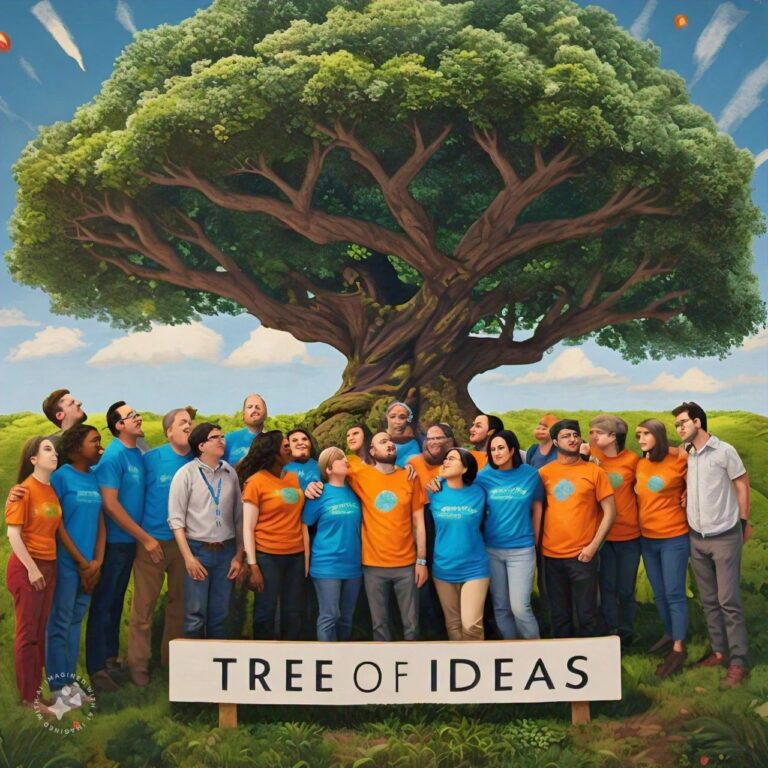Crafting Vibrant, Neighbourly Communities
Developers seeking to redefine housing schemes as vibrant, neighbour-friendly communities have an array of innovative strategies at their disposal. By amalgamating these concepts, developers can create spaces that not only provide shelter but also nurture a profound sense of belonging among residents. Here’s a blueprint for crafting such remarkable communities:
1. Shared Spaces
Incorporate communal areas like parks, gardens, and recreational facilities into the design to encourage residents to interact and engage in activities together. These spaces serve as focal points for community events, fostering a sense of unity and belonging.
2. Mixed-Use Development
Integrate residential units with commercial spaces such as cafes, shops, and community centres. This not only offers convenience but also stimulates interaction between neighbours and supports local businesses, creating a vibrant neighbourhood ecosystem.
3. Pedestrian-Friendly Design
Prioritise pedestrian pathways, bike lanes, and green, walkable spaces over car-dominated roads. This promotes physical activity, reduces traffic, and enhances opportunities for spontaneous interactions among residents.
4. Inclusive Design
Ensure accessibility for people of all ages, abilities, and backgrounds by incorporating universal design principles, accessibility ramps, and tailored community services. Inclusivity fosters a sense of belonging and strengthens community cohesion.
5. Technology Integration
Utilise smart security systems, neighbourhood social networks, and shared digital platforms to enhance community connectivity and safety. Technology can streamline communication and resource sharing among residents, fostering a collaborative and informed community.
6. Collaborative Planning
Engage residents in the planning process through workshops, surveys, and design charrettes. By incorporating community input from the outset, developers ensure that the housing scheme reflects the needs and desires of its future inhabitants, fostering a sense of ownership and pride.
7. Art and Culture Initiatives
Integrate art installations, murals, and cultural events into the fabric of the community. These creative expressions celebrate diversity, promote cultural exchange, and foster a sense of identity within the neighbourhood.
8. Open Design Concept
Adopt an open design concept devoid of gates and fences, creating a seamless flow between public and private spaces. This design fosters openness, trust, and a sense of community among residents.
9. Centralised Play Areas
Designate centralised play areas where children from different households can come together to play and socialise. These spaces promote outdoor activities and facilitate friendships among young residents.
10. Community Gardens
Establish shared gardens where residents can collaborate, learn, and grow together. Community gardens promote sustainability, foster a connection with nature, and provide opportunities for neighbourly interaction.
11. Outdoor Gathering Spaces
Create outdoor gathering spots equipped with seating areas and barbecue facilities. These spaces encourage residents to host informal gatherings, fostering a sense of camaraderie and belonging.
12. Neighbourhood Trust Programmes
Empower residents to enhance safety and security through neighbourhood Trust programs. By working together to keep their community safe, neighbours build trust and strengthen bonds.
13. Artistic Installations and Landmarks
Install artistic landmarks that serve as focal points for community pride and identity. These landmarks celebrate the unique character of the neighbourhood and inspire a sense of belonging among residents.
14. Interconnected Pathways
Develop a network of interconnected pathways and pedestrian-friendly streets that encourage residents to explore the neighbourhood on foot or by bike. These pathways promote physical activity and facilitate chance encounters among neighbours.
15. Community Events and Workshops
Organise regular events, workshops, and skill-sharing sessions to bring residents together. By providing opportunities for learning, creativity, and socialisation, these events foster a strong sense of community spirit.
By integrating these innovative ideas into the design and planning of housing schemes, developers can create dynamic, neighbourly communities that prioritise safety, inclusivity, and connection. Such developments not only meet the basic need for housing but also enrich the lives of residents, fostering a deep sense of pride and belonging in their community.
Wa’qar





